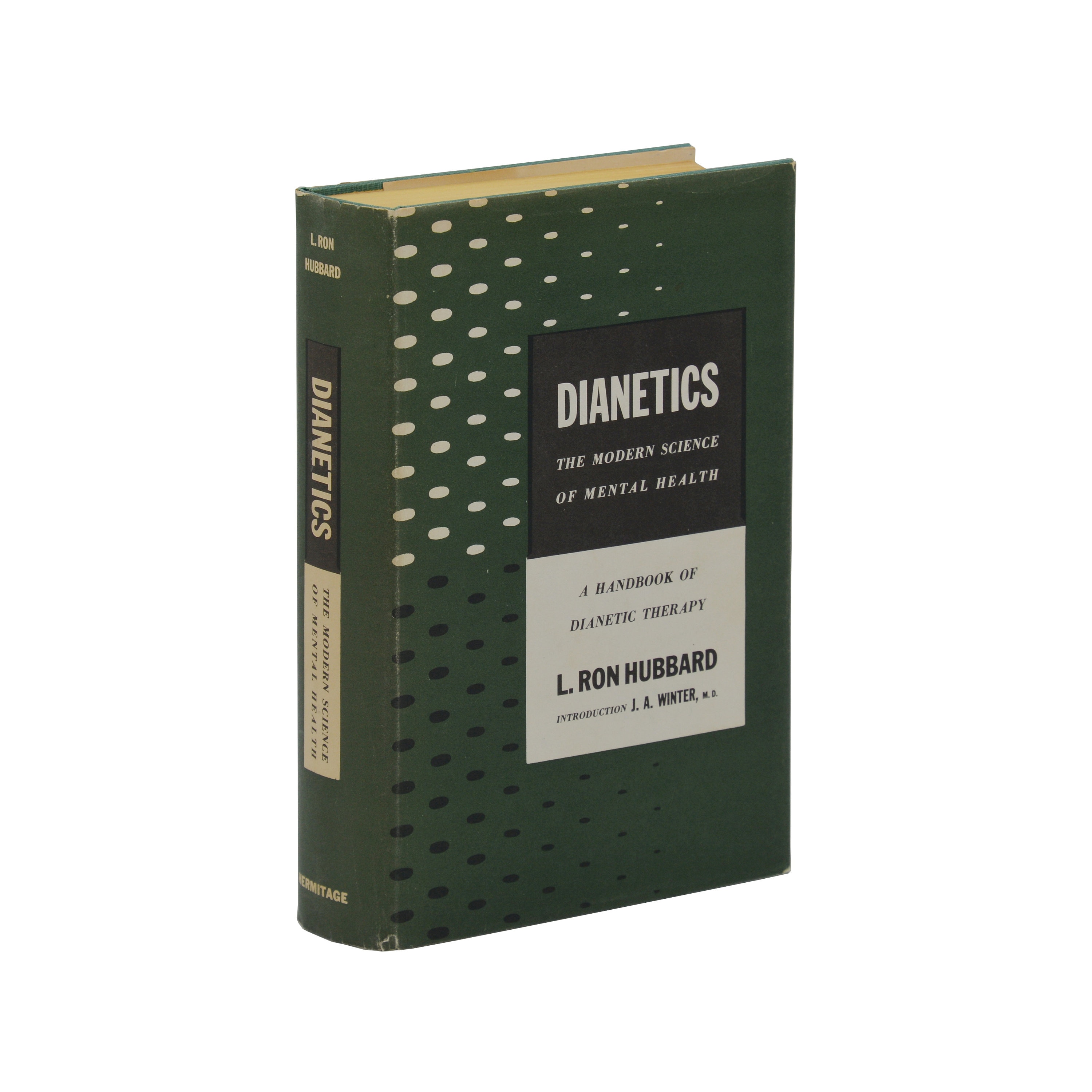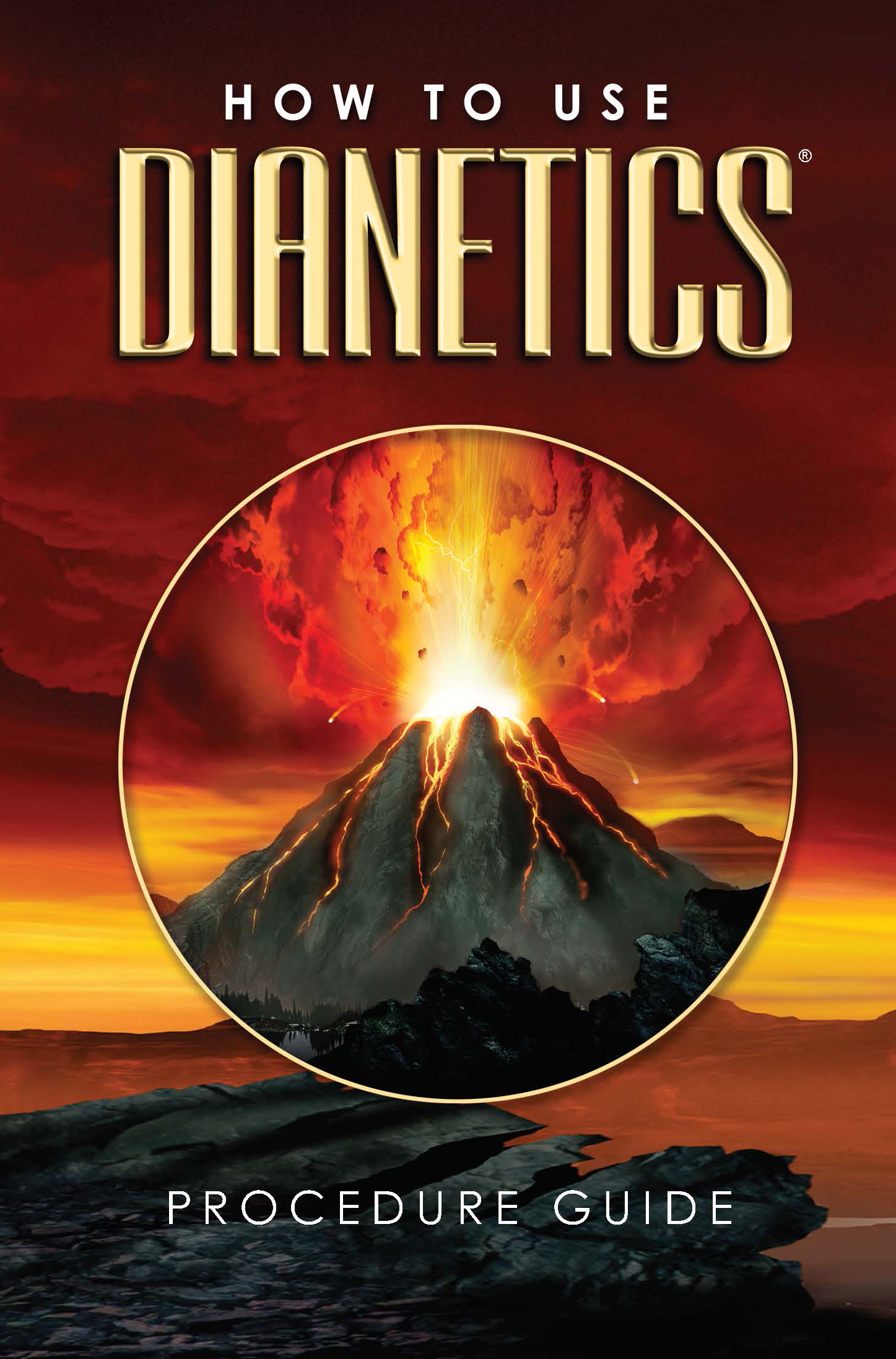The Definitive Guide to Dianetics
The Definitive Guide to Dianetics
Blog Article
Dianetics for Dummies
Table of ContentsExamine This Report about DianeticsDianetics Can Be Fun For AnyoneThe 7-Second Trick For DianeticsExamine This Report about Dianetics
I could not ever before not intend to receive anything that comes to mind for you- if it was otherwise, I wouldn't be resting below with you, doing this. I not only can never ever have a problem, or otherwise desire to hear something that enters your mind for you, however I'm completely anxious to understand every idea, every idea, every image or sensation that emerges or shows up for you- don't ever before believe otherwise, and if somehow you do, please just allow me understand! In some cases, you may have an idea, and image, idea or incident appear that does not appear to respond to the question, or associate to it, but however, always do inform me about it, and as we proceed, the relevance will certainly emerge for you.This is integral in the basis of processing, and the topic of this discussion: the standard roles of the therapist and the client: The standard role of the therapist is, in contrast to "basic training", not to control, which indicates to impose and/or inhibit, yet to rather work from the basis of EMPOWERING THE CUSTOMER.

What Does Dianetics Do?
John Mcmasters revealed this fundamental reality splendidly well in one of his lectures on Power processing, in which he explains exactly how he was asked what this "unique flair" was that he had for giving such excellent sessions; he needed to consider that for a minute, and detected that it was what he wasn't doing, as well as what he was doing: he had not been reviewing, judging, computing, or as a matter of fact, creating any thoughts, not to mention verbal expressions, after offering the command and while awaiting the computer to complete their answer to their satisfaction; he was, just and just, being existing with the computer, and completely interested.
The role of the counselor, demonstrated; that was his "special propensity". I have had my own experience which showed me this well, really early on in the game. In 1982, having actually lately finished my training and teaching fellowship on New Age Dianetics, I was running this on a COMPUTER, and there was a point in the session where (being a bit wet behind the ears not yet having numerous hours under my belt as an expert auditor) the PC seemed to be "taking as well long" to express anything vocally after I provided him a command.
This secret ended up being one of the most beneficial payment that John ever made to the subject of treatment or bookkeeping (Dianetics). In my humble opinion, it is the best payment that anybody has ever before made to these subjectsthe application is totally non-judgemental, non-evaluative, and lacking any kind of suggestion, suggestions or opinion.no preconditioned agenda for individuals, or 'levels' that they must do
In site web Idenics, the only resource of info about a customer is the private customer. In Scientology we prided ourselves on not examining for people. Yet all that truly meant was that the auditor did not vocally evaluate for the PC in session. The registrars and principles officers reviewed for the PC.
Some Ideas on Dianetics You Need To Know

Any person who had actually ever before seen John audit could not aid but observe an unique high quality in his bookkeeping."The client's fundamental duty is to be there with the purpose of relocating the instructions of their spiritual goals, and to openly and fully express and experience whatever materializes for them in answering the questions and carrying out the guidelines in the processing.
This is something to process as required. Additionally, individuals frequently have prior experience and/or indoctrination in auditing/processing which, in some methods, and to visit our website some levels, in fact misguides them right into perspectives, concepts and actions patterns that avoid the complete realization of these functions, and so they will certainly often tend to inhibit the expressing of what comes to mind, as in the examples offered over - Dianetics. * The first, and possibly primary examples of mis-indoctrination causing less than entirely smooth and efficient sessions, can be located in certain facets of the training regimens, or "TR's":"TR's" are often a person's very first, or at the very least early, experience in Scientology, and while I will take place to clarify what I view as the flaws in principle and technique, nevertheless, why not look here tend to be greatly healing, done as they are offered (Hubbard urges that "TR's are not refining, they are educating", however factually, they are both processing AND training)
There is no "flunking", and no rejection of the truth of this being handling. The focus, as it should be, is on experiencing the various other person's visibility.
The 30-Second Trick For Dianetics

Report this page